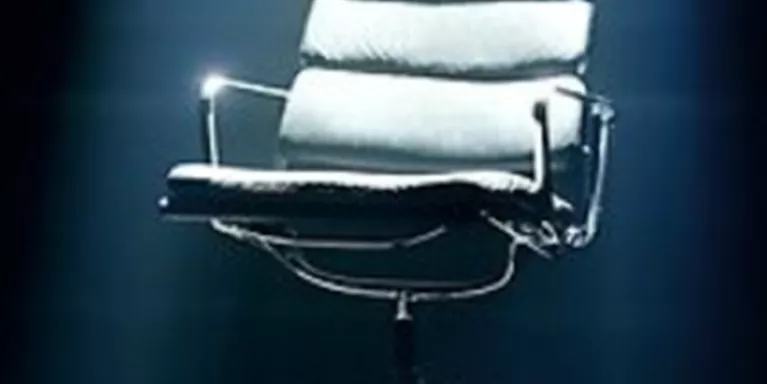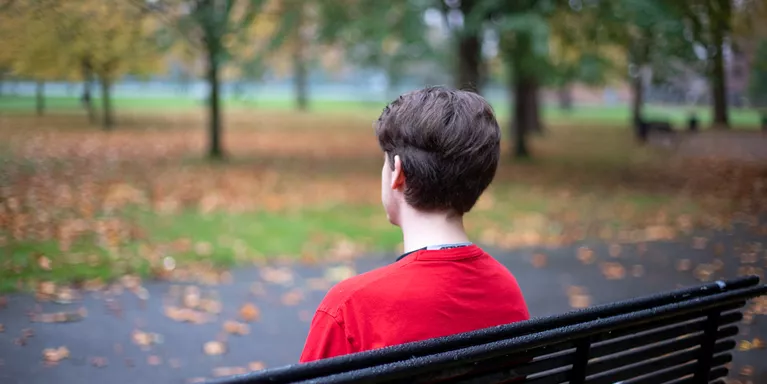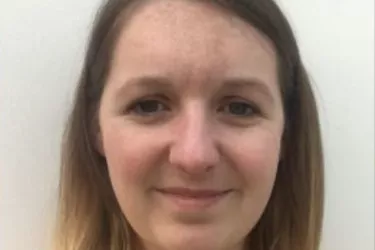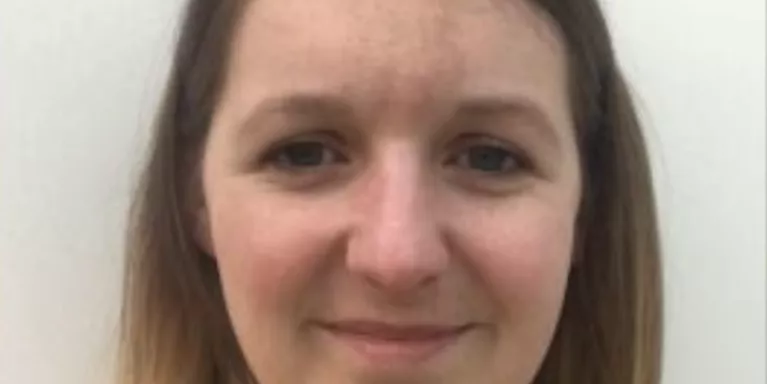OCD collapsed my sense of identity
Shaun blogs about tackling his obsessive compulsive disorder through therapy.
I still remember the day when my obsessive compulsive disorder (OCD) presented itself in its full form, unadulterated and unapologetic. Although I had been having intrusive thoughts about my sexuality and sexual assault until then, I had managed them on my own. But now they were overwhelming. I couldn't take it anymore. I ran home calling my friends, telling them I was suicidal. But ultimately I wanted to live.
For the next couple of days I searched the internet for something or somebody that could help me. My last ditch attempt was on Instagram where I found a wonderful therapist who specialised in anxiety. I begged her for help. She immediately called me, and we spoke.
"The mind is a powerful weapon that can liberate us or oppress us."
Therapy began the proceeding Monday. It took months to get to where I am. The therapist saved me, and I am here now telling my story in the hope that helps you.
The mind is a powerful weapon that can liberate us or oppress us. OCD is an anxiety-based disorder where the individual has obsessive, repetitive and unwanted intrusive thoughts. To prevent anxiety, the individual will perform compulsions (behaviours) to try to alleviate the anxiety.
Intrusive thoughts
Everyone has intrusive thoughts – they often pop into your mind and then disappear. But in the minds of those of us with OCD, they ruminate endlessly and, as a result, we believe it says something about who we are.
I live with Sexual Orientation OCD and Harm OCD. Sexual orientation OCD refers to questions surrounding your sexuality. Harm OCD is the fear of hurting yourself and others. Both forms of OCD caused me distress because they collapsed my sense of identity. I felt like I did not know who I was anymore.
"Gratitude journaling allows me to recognise the beautiful things in my life, ensuring I see an abundance rather than a scarcity”
At times my mind still tries to oppress me, but I work hard to liberate it through daily maintenance. I do this via gratitude journaling, which allows me to recognise the beautiful things in my life, ensuring I see an abundance rather than a scarcity. Alongside this, I journal to allow myself to see myself for what I am and not as a product of my thoughts.
Countless people with OCD hide their symptoms because of the nature of their thoughts. On average, it takes an individual up to an agonising 12 years to get treatment for their OCD. You do not need to suffer in silence.
An underfunded mental illness
Through modelling, influencing and public speaking, I am trying to inform people what OCD is and how we can change the stigma surrounding it. I am aiming to deliver my third TEDx talk on OCD, as it remains an extremely underfunded and under-researched mental illness.
With the right therapy for OCD, you can get better. I had something called CBT ERP (Cognitive Behavioural Therapy and Exposure & Response Prevention Therapy). ERP exposes you to your very worst fears and learn to not perform the compulsions. By doing this, you sit with the intense and, at times, crippling anxiety until it reduces.
I now work as a volunteer advocate with Orchard OCD. A UK-based charity funding faster and better treatment for those with OCD.
Through the brain's ability to learn new habits we can liberate the brain. And this has aided me on my road to recovery.


Information and support
When you’re living with a mental health problem, or supporting someone who is, having access to the right information - about a condition, treatment options, or practical issues - is vital. Visit our information pages to find out more.
Share your story with others
Blogs and stories can show that people with mental health problems are cared about, understood and listened to. We can use it to challenge the status quo and change attitudes.

















